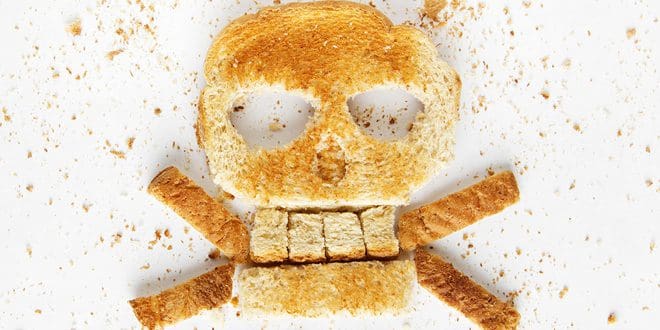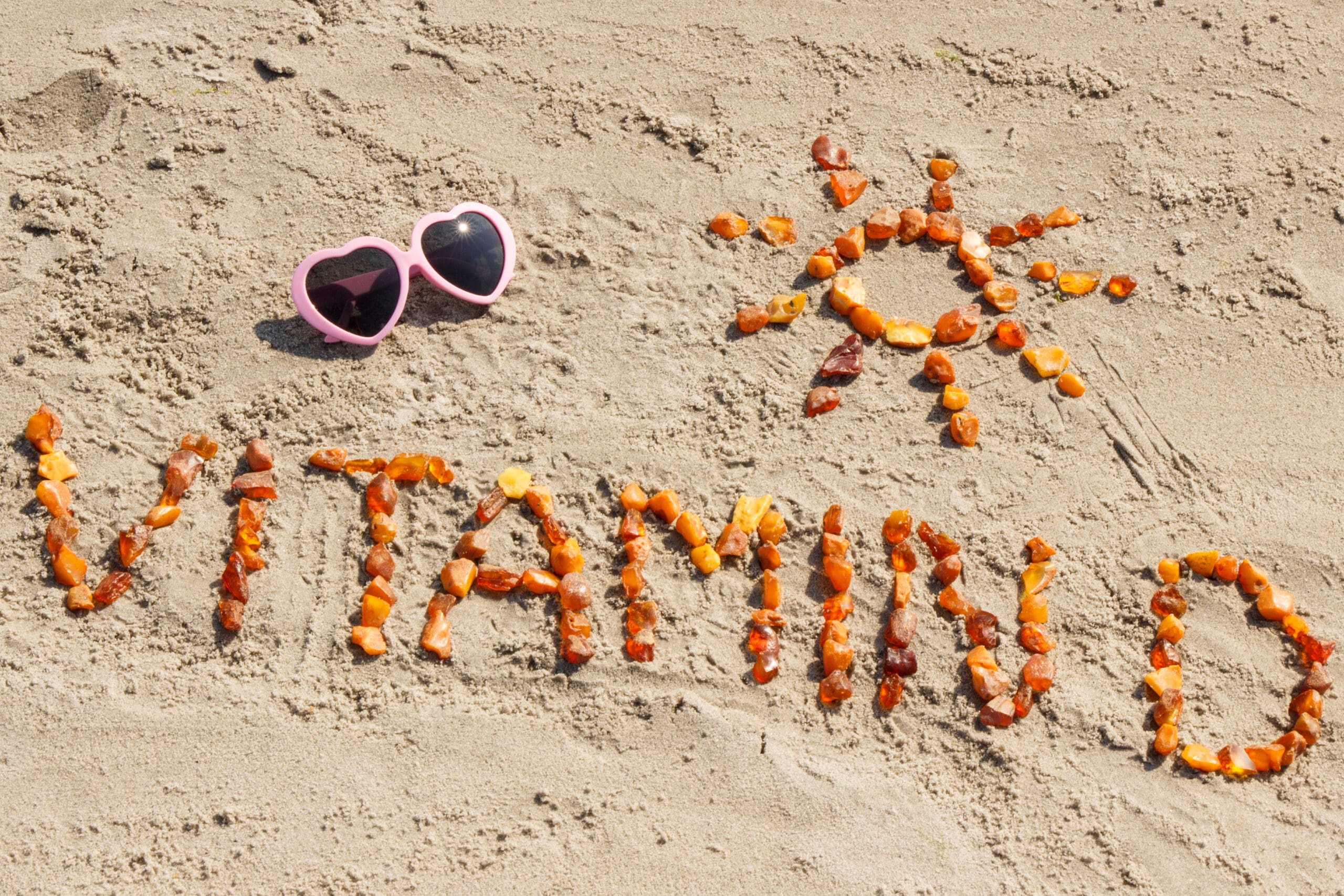By naturopath Margaret Jasinska
People with cirrhosis of the liver are more than twice as likely to be coeliacs.
A new study published in the Journal of Hepatology has found that coeliac disease is present in cirrhosis patients at more than double the rate found in the general population. Putting these patients on a gluten free diet brought about improvements in their liver health, which improved the prognosis of the cirrhosis.
The authors of the study stressed that all patients who are diagnosed with cirrhosis of the liver should be screened for coeliac disease, as following a gluten free diet is a safe and effective way of improving outcomes in cirrhosis. Obviously, cirrhosis of the liver can be caused by many different factors; high alcohol intake and hepatitis B or C are the most common. It is possible that having coeliac disease speeds up the deterioration in liver health caused by those factors.
Coeliac disease is an autoimmune disease. That means when people with the condition consume gluten, their immune system attacks their small intestine. The chronic inflammation to the gut lining can impair nutrient absorption and lead to many nutritional deficiencies. The most common ones are iron, calcium, vitamin D and other fat soluble vitamins (A,E and K), and essential fatty acids.
People with coeliac disease are more likely to develop an autoimmune liver disease such as autoimmune hepatitis, primary biliary cirrhosis and sclerosing cholangitis. Most coeliacs do not develop one of these diseases though. Interestingly, elevated liver enzymes on a blood test is a common finding in someone with coeliac disease, as is an increased prevalence of fatty liver disease. Therefore we recommend regular liver function tests for all coeliacs. The earlier an abnormality is detected, the earlier a treatment plan can be set in place and the better the outcome.
An excessively permeable intestinal lining (leaky gut) is present to varying degrees in all autoimmune conditions, but particularly undiagnosed coeliac disease. When wastes, toxins and bacteria leak through the gut wall, where do they go? Straight to your liver. There is one main vein (the hepatic portal vein) that takes all blood from the gastrointestinal tract to the liver. Ordinarily this is a good thing because this blood is extremely rich in nutrients. Your liver is the hardest working organ in your body and it has a high need for nutrients. Your liver is also designed to trap any bacteria or foreign matter that may have escaped through the gut, preventing it from spreading to the rest of your body.
If your gut is toxic and leaky, your liver will quickly become overwhelmed. There are specialised cells inside your liver called Kupffer cells. They are a type of white blood cell called a macrophage; it comes from the Greek words big eater! The job of a macrophage is to engulf foreign matter, a lot like Pac Man. Macrophages contain enzymes that enable them to digest the debris or toxins they’ve swallowed.
If your gut is leaky, the high level of wastes arriving at your liver will trigger a great deal of inflammation inside your liver. One of the most harmful substances to travel from the gut to the liver is lipopolysaccharide. This is a type of endotoxin. It is a substance found in the cell wall of gram negative bacteria in the gut. If you have an overgrowth of bad bacteria in your gut, and if your gut is leaky, high levels of endotoxins will be arriving at your liver all the time.
Endotoxins stimulate Kupffer cells to produce high levels of inflammatory chemicals called cytokines. Some examples include interleukin 6 (IL6), Tumour Necrosis Factor alpha, and interleukin 1.Typically, the liver will eventually become inflamed and start producing high levels of free radicals known as superoxides. These molecules are highly damaging and can accelerate liver damage caused by alcohol, medications, viruses and other toxins.
The bottom line is, if you have coeliac disease, please look after your liver.








Leave A Comment